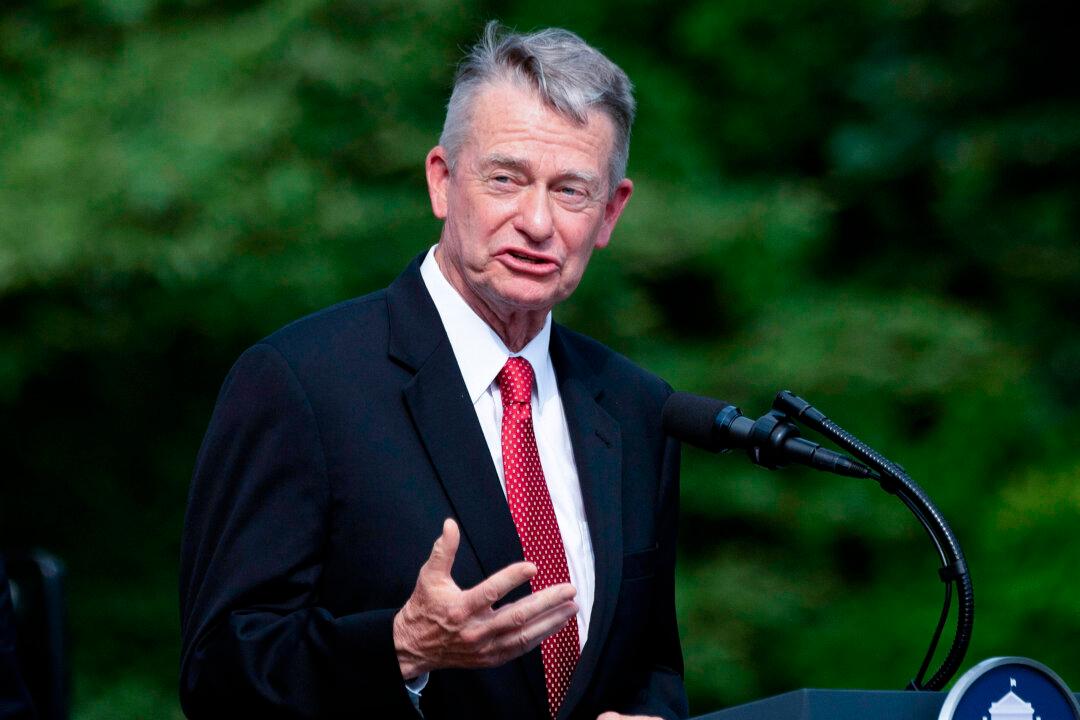The U.S. Supreme Court issued an emergency order late on April 15 allowing Idaho to resume enforcing a state ban on sex-change-related procedures for minors after the law was blocked by lower courts.
At least five of the six conservative justices voted to restore the state law, while all three liberals voted against doing so.





